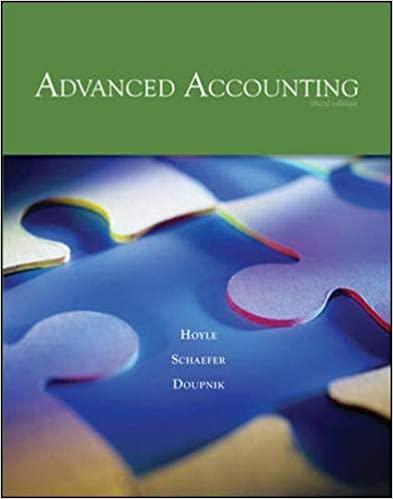Question 74 (1 point) Listen Marcy's Mom. Marcy's mother, Sue, did not want her to date until she was older. She also wanted Marcy to attend law school. Just before Marcy started her freshman year in college, Sue told Marcy that if Marcy would refrain from dating until she received her law degree, then Sue would pay off all of Marcy's school loans and throw in an extra $50,000. Marcy agrees and states, "Thanks, Mom, and by the way, when I graduate I'm throwing you a big party for all you've done for me!" Sue smiles and hugs Marcy Marcy finished law school and asked for payment of her loans, the $50,000 in cash, and for a car. Sue said, "No way - I know you went out on some dates during law school, and I never agreed on the car." Marcy said those were just study nights and that her mother had never objected to Marcy's frequent statements that she wanted a car upon graduation. Sue asks about the party. Marcy tells her that she is nuts because there is no way Marcy can afford a party since Sue has backed out of the deal. After some serious negotiation Marcy and Sue settled their dispute with Sue agreeing to pay for half of Marcy's school loans and for all the expenses of Marcy's upcoming wedding, and to forget about Marcy's throwing a party for her. Was the agreement between Marcy and Sue that Sue would pay Marcy's school loans and throw in an extra $50,000 if Marcy refrained from dating until she received a law degree sufficiently supported by consideration? 1) Yes, sufficient consideration existed to support the agreement. 2) No, because the agreement involved an exchange of illusory promises. 3) No, because refraining from dating and going to school does not have monetary value and therefore, does not constitute valid consideration. 4) No, because close relatives are involved. 5) No, because the consideration was inadequate. Question 83 (1 point) Listen If a(n) contract exists, the administrator of an offeror's estate must hold the offer open until it expires in accordance with the contract. 1) bilateral 2) unilateral 3) executed 4) option 5) implied-in-law Question 84 (1 point) Listen Which of the following references a contract problem occurring when a buyer and a seller purport to make an agreement, but their preprinted forms do not match? 1) The mutual exclusivity paradox. 2) The substantial performance conundrum. 3) The battle of the forms. 4) The "frolic and detour" deviation. 5) The "substantial deviation" issue









